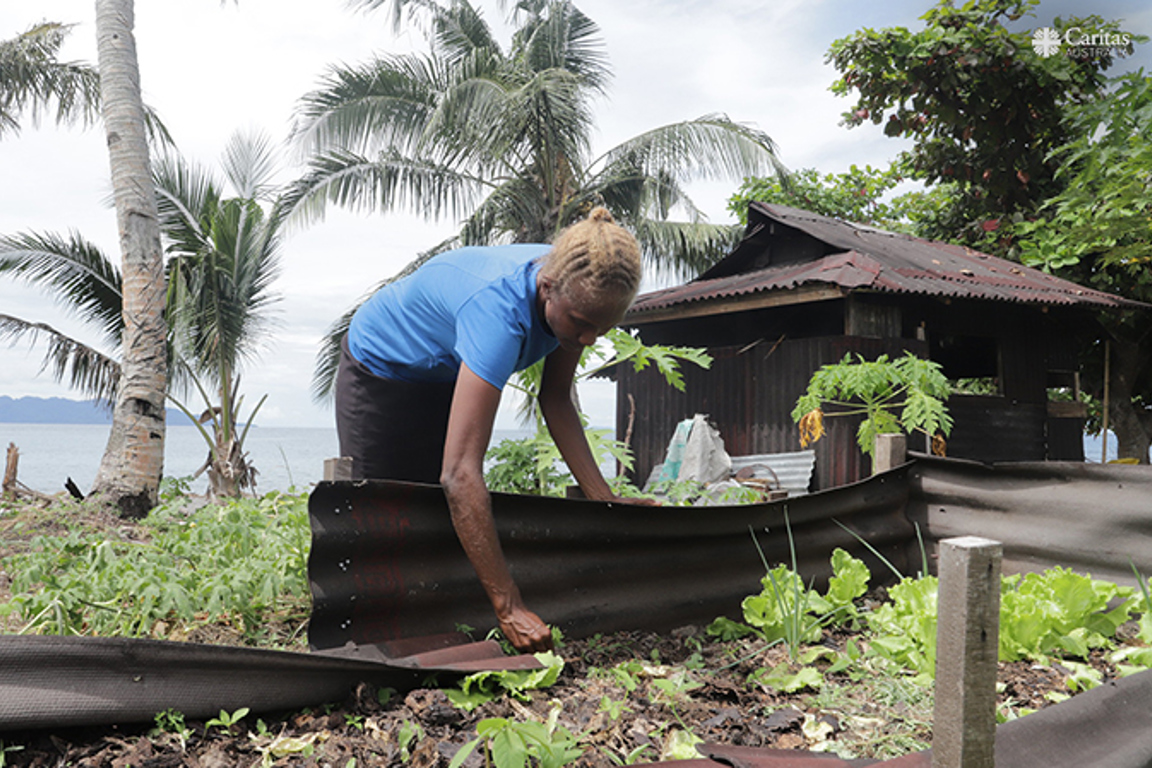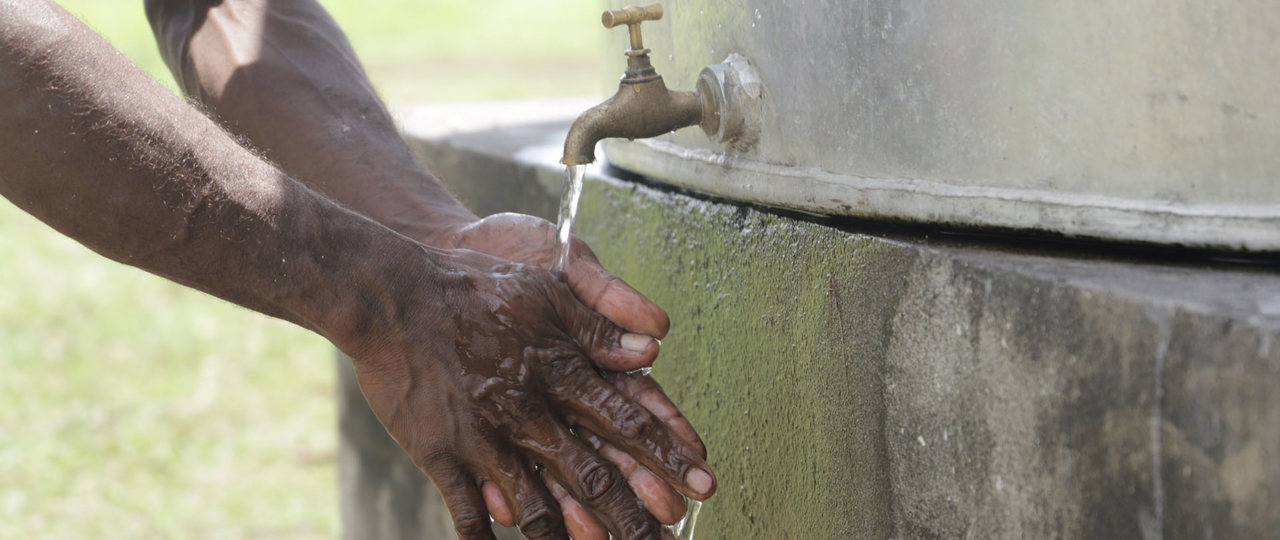Support communities in the Pacific affected by disaster

With Caritas Australia’s support, Margret’s school in the Solomon Islands was able to install eight large water tanks, and a rainwater harvesting system. Photo: Neil Nuia.
When emergencies hit, we support partners on the ground with
Food, water and emergency shelter
Hygiene and sanitation kits
Medication and health services
Trauma support

Your support is helping improve access to clean water in the Solomon Islands. Photo: Neil Nuia.
Where does my donation go?
The funds raised through our Emergency Response Appeal will be used to provide immediate and longer-term humanitarian assistance to communities affected disasters and emergencies around the world.












